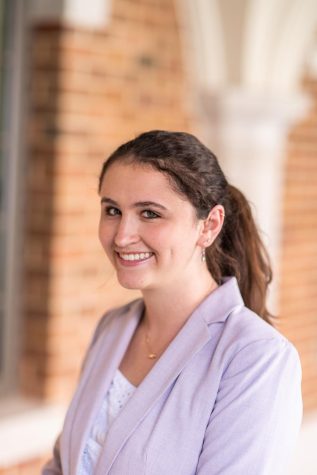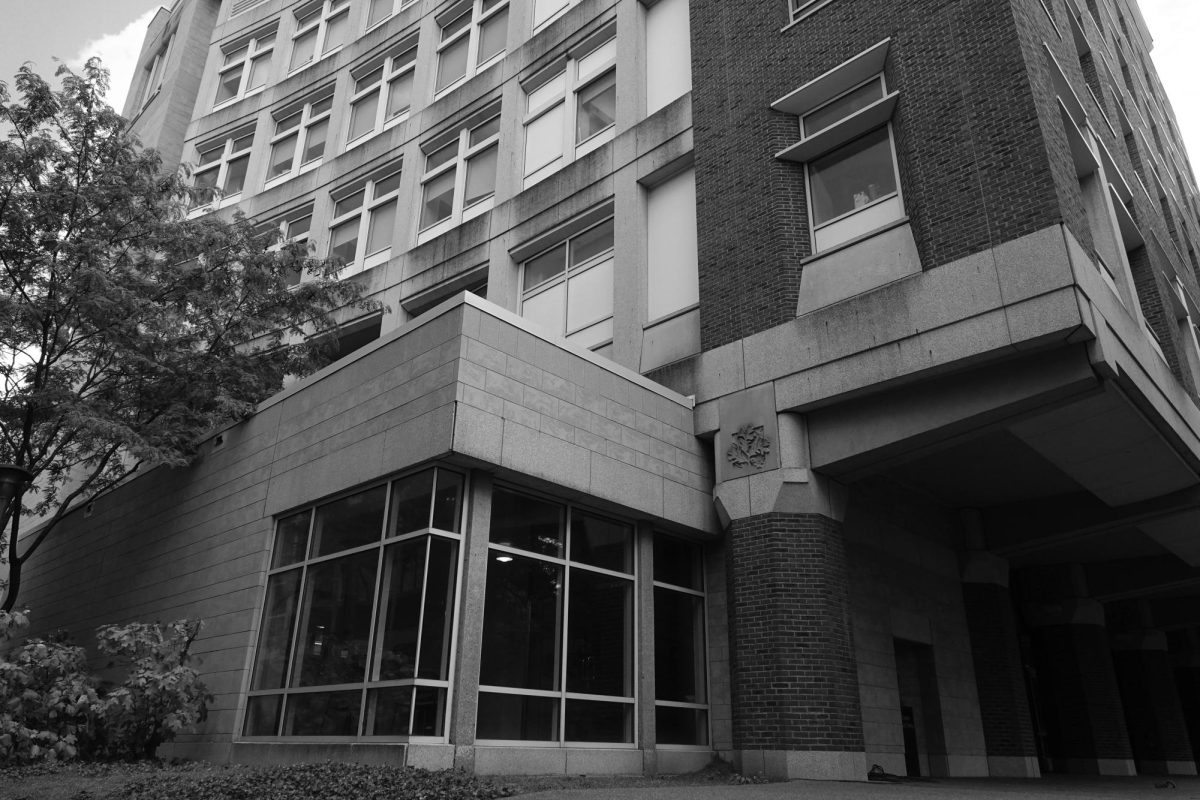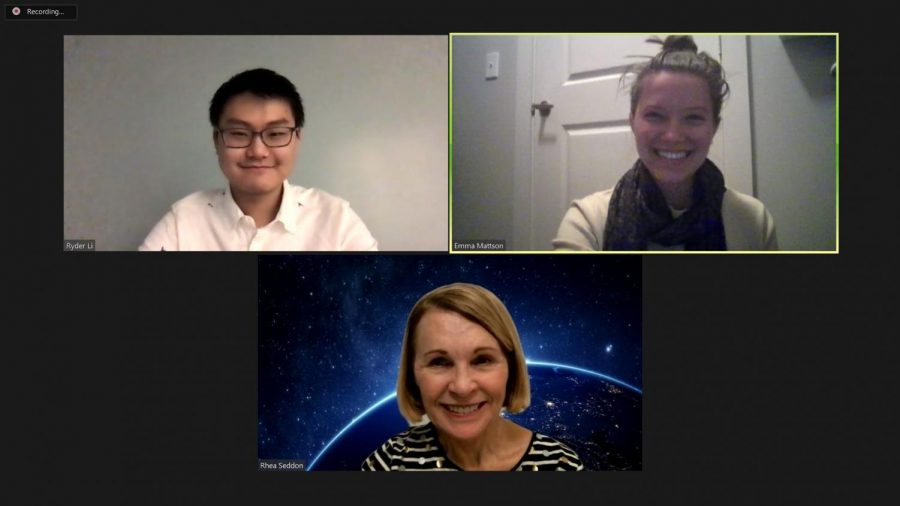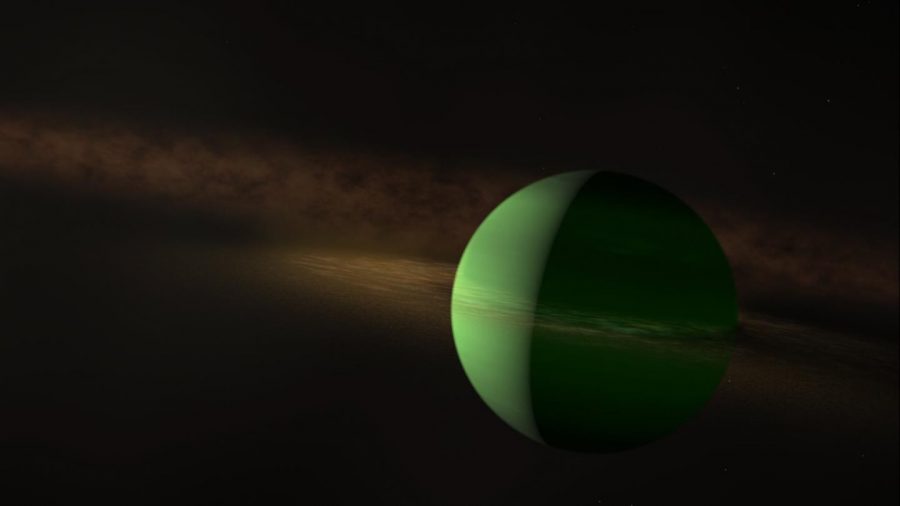Dr. Kelvin Droegemeier, current director of White House Science and Technology Policy (OSTP), gave a Zoom lecture to students, postdocs, faculty and staff from universities across Tennessee and Kentucky on Sept. 25.
Before starting his current position, Droegemeier worked as professor of meteorology at the University of Oklahoma for 35 years and has served as a vice chairman of the National Science Foundation as well as the Cabinet Secretary of Science and Technology for the governor of Oklahoma. In addition to these positions, Droegemeier is known for developing the first technology to predict severe weather.
Droegemeier opened the webinar, entitled “Enhancing the Security and Integrity of America’s Research Enterprise,” by briefly addressing the challenges that COVID-19 presents for universities and research.
“I was a VPR [Vice President for Research at University of Oklahoma] for nine years, so I absolutely understand the challenges all of you are going through,” Droegemeier said. “All the things you have faced over the past several months with the COVID crisis—it truly is an unprecedented time. We have no playbook to go by, and this is why leadership is so terribly important.”
Droegemeier’s talk was centered around a key question he began the webinar with: how can the protection of research assets be balanced with the culture of openness critical to successful research? According to Droegemeier, America excels in science and technology because of our American values and openness. As Americans, Droegemeier said we value the freedom to discover and create and the sharing of results.
“As researchers, as faculty members, as postdocs, we can write a proposal to NIH [National Institute of Health] or NOAA [National Oceanic and Atmospheric Administration] or NASA [National Aeronautics and Space Administration] on basically any idea we think is fundable and intellectually strong and viable and get funded. It allows us in this country to do exploratory research,” Droegemeier said, “We also have openness and reciprocity with other countries. When individuals come here from other countries, they have freedom to move around and work in our labs.”
Despite the benefits of this openness to research, Droegemeier also argued that there is a need to balance that openness with the protection of our research assets. He added that the protection of our research assets ultimately depends on national and economic security.
Per Droegemeier, the balance between protection and openness of research stems from two committees of the National Science and Technological Council—the Committee on Science and the Committee on S&T Enterprise. Together, they form the Joint Committee on the Research Environment (JCORE). JCORE is devoted to developing policy recommendations about how to maintain the security of research while still fostering a culture of openness and collaboration.
Consequences of failing to disclose conflicts of interest or commitment include damage to reputation, loss of taxpayer and public interest or ultimately being debarred. Therefore, JCORE aims to help institutions and individuals avoid infringements of policy and understand clearly how they can abide by the rules.
“Transparency and full disclosure are essential to properly assess risks,” Droegemeier said.
According to Droegemeier, the goal of JCORE is to strengthen the security of research in America. The methodology for how the organization aims to do this is fourfold: appropriate and effective risk management, outreach to research and academic institutions, coordinated guidance for federal agencies and recommendations for academic and research universities.
Droegemeier ultimately believes that the activities of JCORE will serve as a fundamental example of merging the values of a nation with research.
“The activities and outcomes of JCORE can be a beacon to the world regarding congruence between the values of a nation and the values of the research enterprise it supports,” Droegemeier said.








